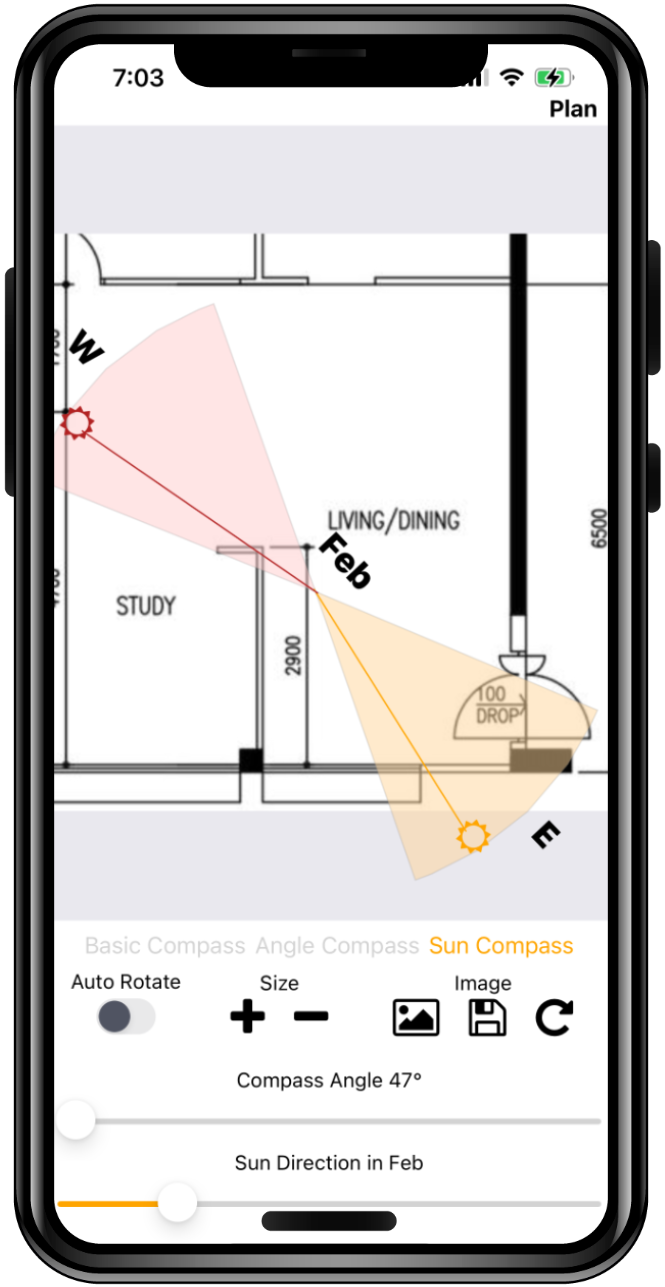Avoiding afternoon sun in Singapore HDB units is crucial for comfort and cost savings. This guide explains why choosing the right unit orientation can save you thousands in energy bills and keep your home cooler year-round.
Introduction
When choosing an HDB flat in Singapore, we often focus on amenities, proximity to MRT, or which floor the unit is on. But there’s one thing that’s often overlooked, afternoon sun.
The heat here isn’t just warm—it's intense. Afternoon sun in Singapore is strong, and it's only getting hotter each year. As the climate warms, this is becoming a bigger concern for both comfort and energy bills.
The Problem
Hot Walls, Sleepless Nights
Units hit by direct afternoon sun absorb and store heat in their walls. This heat is released slowly, sometimes well past midnight, making bedrooms uncomfortable even with the windows open and fans at full blast.
We've visited homes where west-facing walls were still warm to the touch at 10pm.
Real-World Impact
Units with afternoon sun can rack up thousands more in electricity bills over 5–10 years prior to MOP.
And that’s not counting the cost of extra fans, blinds, solar films, or early AC breakdowns. One homeowner we know even sold their flat right after MOP, couldn’t take the heat despite a $80k reno.
Sun Path in Singapore
Singapore sits near the equator, so the sun shifts between northeast and northwest across the year. That means the “afternoon sun” doesn’t always come directly from the west.
December: Sun sets *toward* the southwest
June: Sun sets *toward* the northwest
This means even a unit not facing exact west can still get afternoon sun, depending on the time of year. And since our buildings are concrete, the heat sticks around.
Why BTO Buyers Should Care
When you're choosing a BTO, you don’t get to visit the actual unit. You’re picking based on maps and layouts. But these won’t show you how the sun moves across the blocks.
- You can't feel the heat beforehand
- Sales brochures don’t mention sun direction
- Most people only realise the issue after moving in
Simple Solutions
We built Compass Overlay to solve this exact problem. It helps you figure out which blocks and stacks are in the clear before you choose your unit.
Option 1: Do It Yourself
Use the Compass Overlay app to:
- Open your BTO site plan inside the app
- Select the sun compass
- Place the compass over different rooms and scrub through the months
- See exactly which units get baked in the afternoon and which stay cool all year.

Option 2: Let Us Help
Short on time? For just $29.90, we’ll analyse 3 units of your choice to show you their year-round sun exposure. A simple analysis now can save you thousands and keep your home comfortable for years.
Get Your BTO Sun Analysis
What happens next?
- We'll reach out to you within 24 hours for confirmation and payment
- Once payment is received, we'll send you the comprehensive report within 2 business days
- For each unit, you'll get a detailed analysis of how sunlight enters your future home throughout the year — along with the pros and cons of its sun exposure so you can weigh comfort, cooling needs, and natural light preferences.
FAQ
How can I tell if a unit gets afternoon sun?
Look at the orientation of your unit and understand the sun path. In Singapore, units facing west or southwest tend to get more afternoon heat—especially from 2pm to 6pm.
Is this only an issue for west-facing units?
No. In June, for example, northwest-facing units may also get afternoon sun. It depends on time of year and block placement.
Can blinds or curtains solve the problem?
They help reduce glare, but don’t stop walls from heating up. External shading and proper orientation are more effective.
How does Compass Overlay help?
It gives a year-round sun exposure overview, not just one moment in time. This helps you choose a cooler home before buying.


